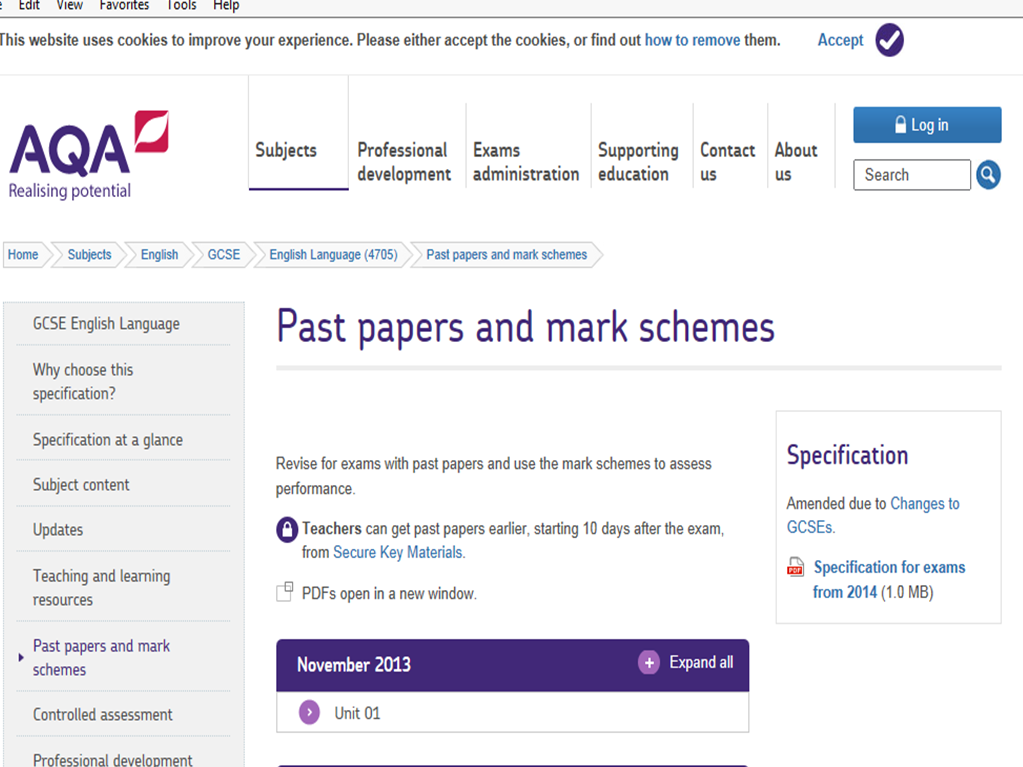Preparing to improve Q1 (AQA Higher Tier English):
Preparing to improve Q2 (AQA Higher Tier English):
Preparing to improve Q3 (AQA Higher Tier English):
Preparing to improve Q4 (AQA Higher Tier English):
Preparing to improve Q5 (AQA Higher Tier English):
Coming Soon
























